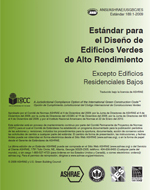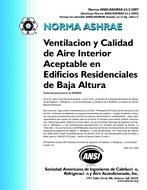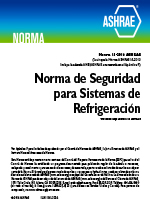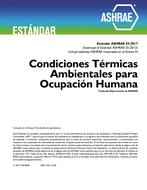Description
The final report on work performed under ASHRAE 383-RP is being presented in three parts. This part, Part I, contains the final results. Part II constitutes a master’s thesis completed as part of the study. Part III complements Part II in documenting the experimental program.
Two experimental systems were used to complete the scope of tests required by ASHRAE 383-RP. Air flow with the smaller system was provided with a 25-hp centrifugal blower and flow rate was measured with a plenumnozzle arrangement. The larger system included a 125-hp axial-flow blower and air flow rate was measured using a pi tot-tube. The smaller system was used at the outset of the work since the larger system was still under development. All work described in Part II of this report was completed using the smaller system. Tests on round ducts having diameters of 18, 24, 30, and 36 inches were done using the larger system. All other tests were done on the smaller system. The experimental effort with the larger system in described in Part III.
Work described in Part II was done in the early stages of the study; consequently, the data do not reflect a small calibration correction of measured flow rate which is included in the final results given in Part I. Part II discusses some of the theoretical background for the work. It describes in detail the smaller of two experimental systems, and it presents an error analysis pertinent to experiments with the smaller system. A small but apparent nozzle effect was noted in plotting friction factors, determined using different nozzle sets, on the Moody chart. This is discussed in Part II. Later in the investigation, the nozzles were checked against a TIMA flow calibration system. After this calibration, small corrections were applied to flow rates measured with the nozzles. This tended to remove the apparent nozzle effect shown by the plotted friction factors. But the small corrections did not change the conclusions about effective roughness. Consequently, the documentation in Part II was retained and is presented in its original form. The final results given here in Part I include the small correction. The calibration procedure, using the TIMA flow calibration system, is described in Part III.
Product Details
- Published:
- 1986
- Number of Pages:
- 404
- File Size:
- 1 file , 6.5 MB
- Product Code(s):
- D-RP-383




